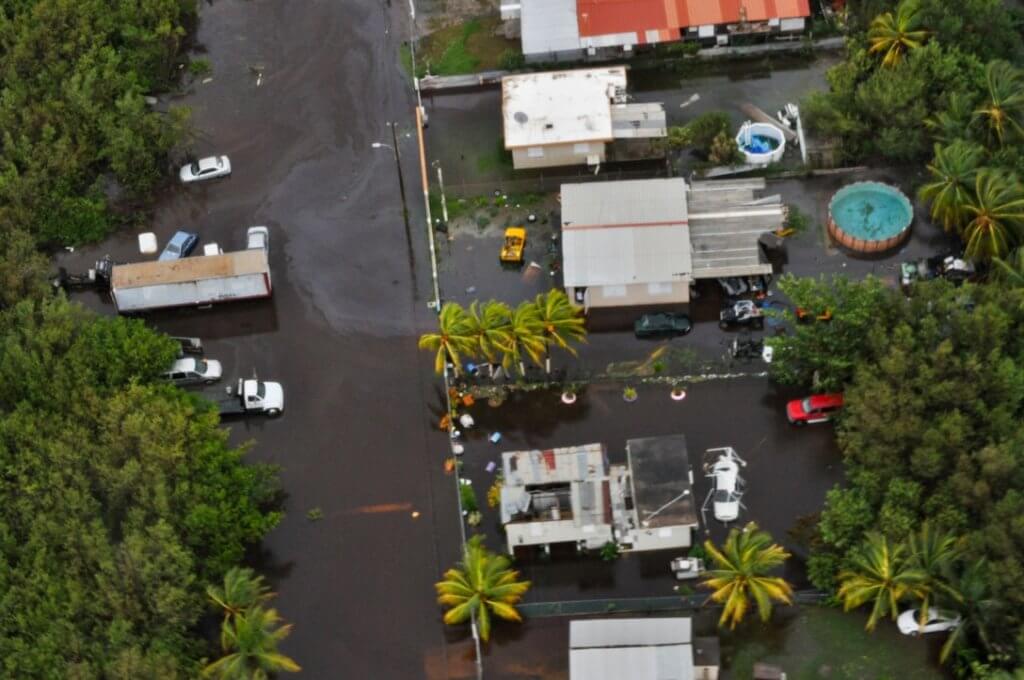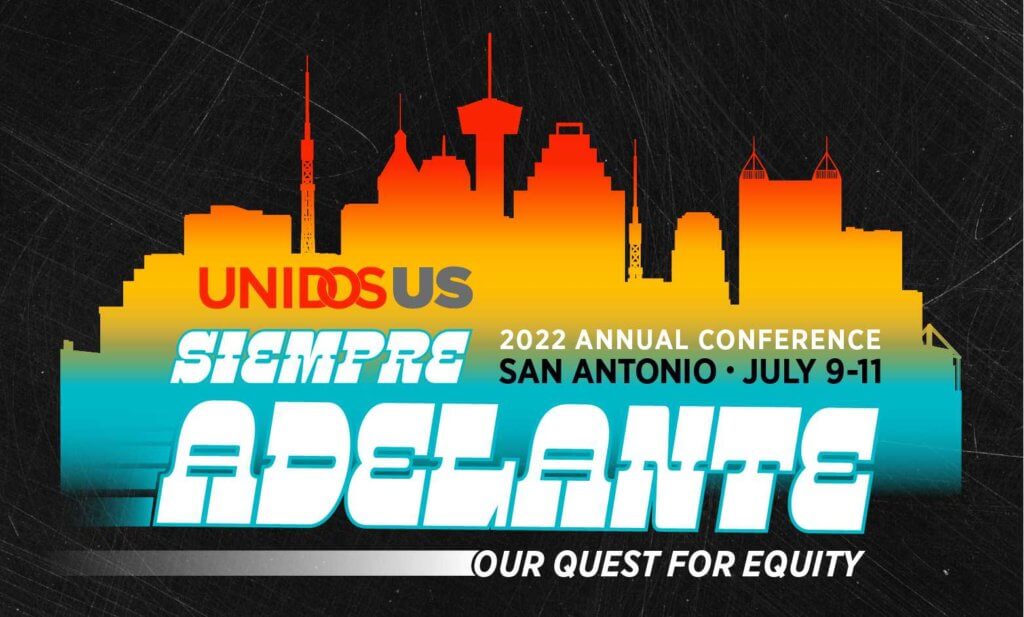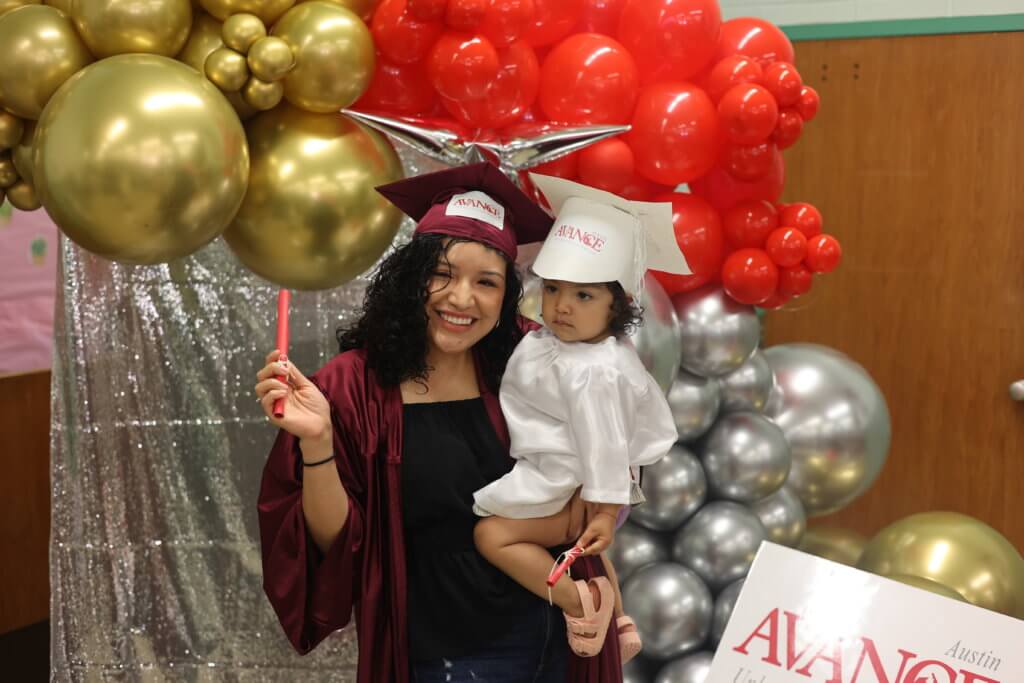A community hungry for advocacy: The Chicano Federation get back to their roots
This year’s UnidosUS Annual Conference will be hosted in San Diego, a community that celebrates Hispanic heritage and shows its contributions to American society through the exchange of cultures and commerce.
California is our largest Affiliate region, and San Diego is home to eight Affiliates supporting the Latino community. These Affiliates serve more than 150,000 clients in San Diego alone, in the areas of civic engagement, education, health, and housing.
In our Road to San Diego series, we highlight the inspiring work they are doing in their community and the power of collaboration and leadership that is inherit within the UnidosUS Affiliate Network.
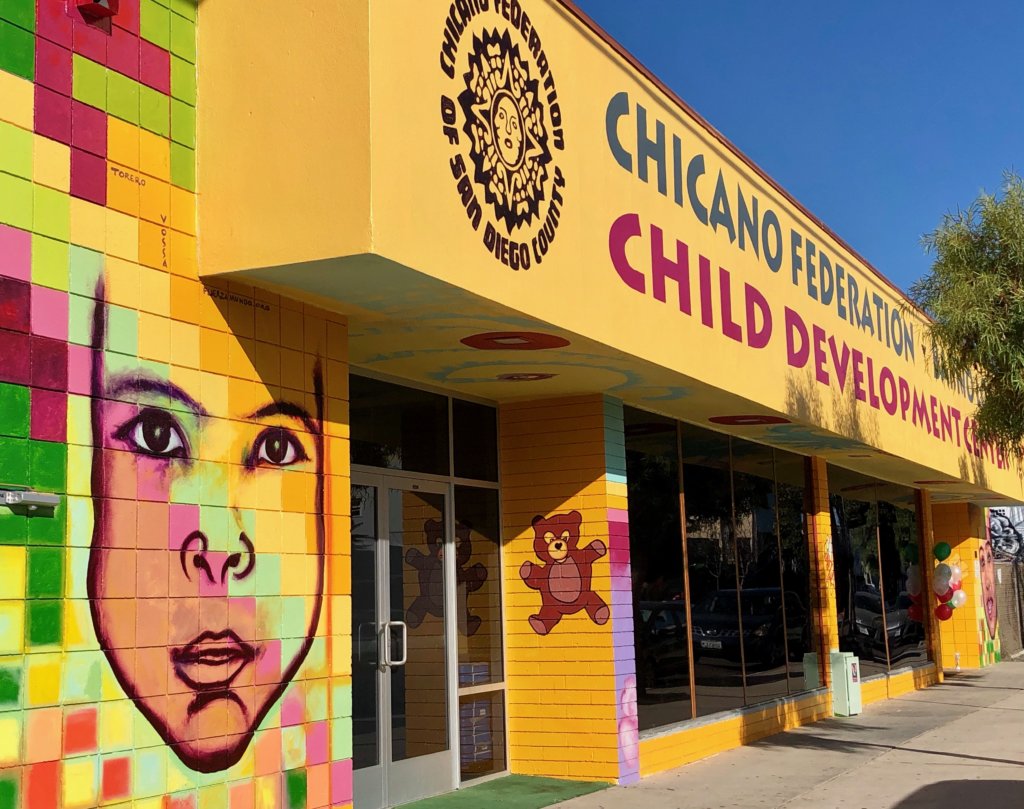
Keep up with the latest from UnidosUS
Sign up for the weekly UnidosUS Action Network newsletter delivered every Thursday.
“You’re back,” the community is saying. For a few years, UnidosUS Affiliate The Chicano Federation focused their work on providing services and moved away from their legacy of advocacy. However, things have turned around since Nancy Maldonado became the CEO earlier this year.
This year has also seen The Chicano Federation celebrate their 50th anniversary, and they are now full of new energy and new ideas to provide better services and becoming even stronger advocates for our community.
By Beatriz Paniego-Béjar, UnidosUS Content Specialist | All photos courtesy of UnidosUS Affiliate The Chicano Federation
From state and local advocacy, to education and economic work, as well as focusing on health, immigration, and affordable housing development, The Chicano Federation’s history is one of standing up for our community, in any way possible.
A HISTORY IN ADVOCACY
Established in a tumultuous time in history, The Chicano Federation was founded in 1969 to unify and fight for the civil rights of Latinos, women, and people of color. The core of the organization’s creation was to become the voice of the community as a whole and offer the services they needed, to make the community feel safe.
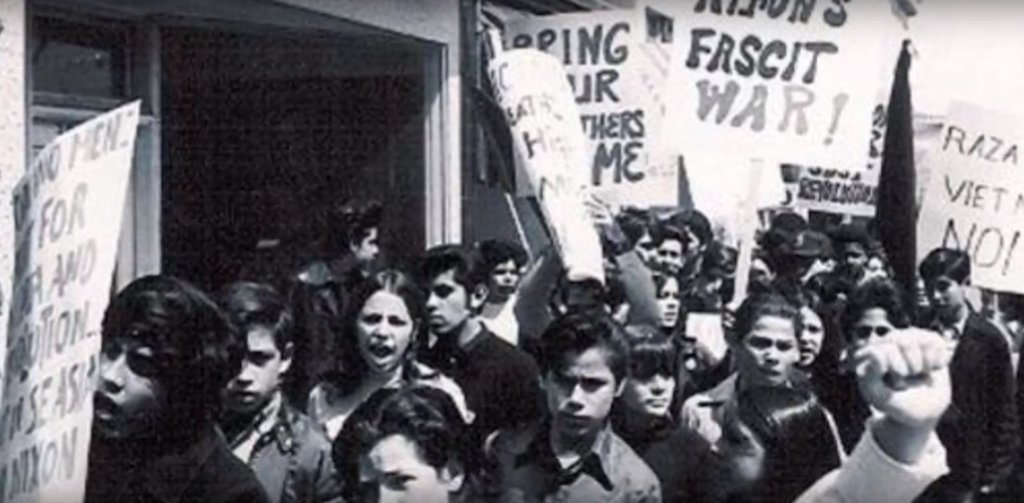
“In the first 25 years of the organization, the priority was advocacy in a whole range of issues,” Ray Uzeta, former executive director of the group, says in a video released for their 50th anniversary. Back then, there were a lot of improvements needed in San Diego to ensure our community’s well-being, from access to health care and affordable housing, to relations with the police and political representation. In fact, their first major win happened the same year The Chicano Federation was established, when they legally challenged the city in a redistricting case, which led to the creation of District 8 in 1969. This district includes majority-Latino communities and neighborhoods, and creating the district ensured Latinos were better represented in local policymaking.
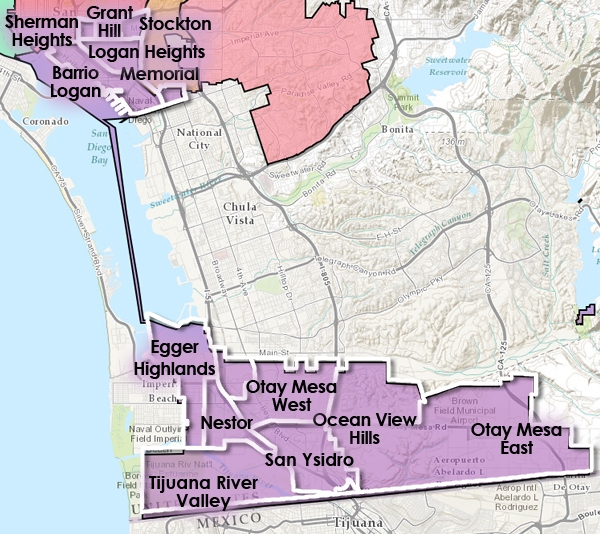
One of those majority-Latino communities was Barrio Logan, which saw another big accomplishment led by The Chicano Federation, when they protested to stop the creation of a California Highway Patrol Substation in a parcel that had been leased to the City of San Diego for a neighborhood park. After months of demonstrations, protests and meetings, the Chicanos in Barrio Logan won and instead of the substation, the Chicano Park was built in 1971.
“When The Chicano Federation was formed, San Diego needed a leading organization to fight for civil rights, to be an advocate for people,” says Nancy Maldonado, CEO of the organization, which explains why their efforts also placed a lot of focus in showcasing the big bloc that Latinos were (and continue being) in San Diego: in 1974 this group led the first voter registration drive targeting our community, and getting them to the polls.
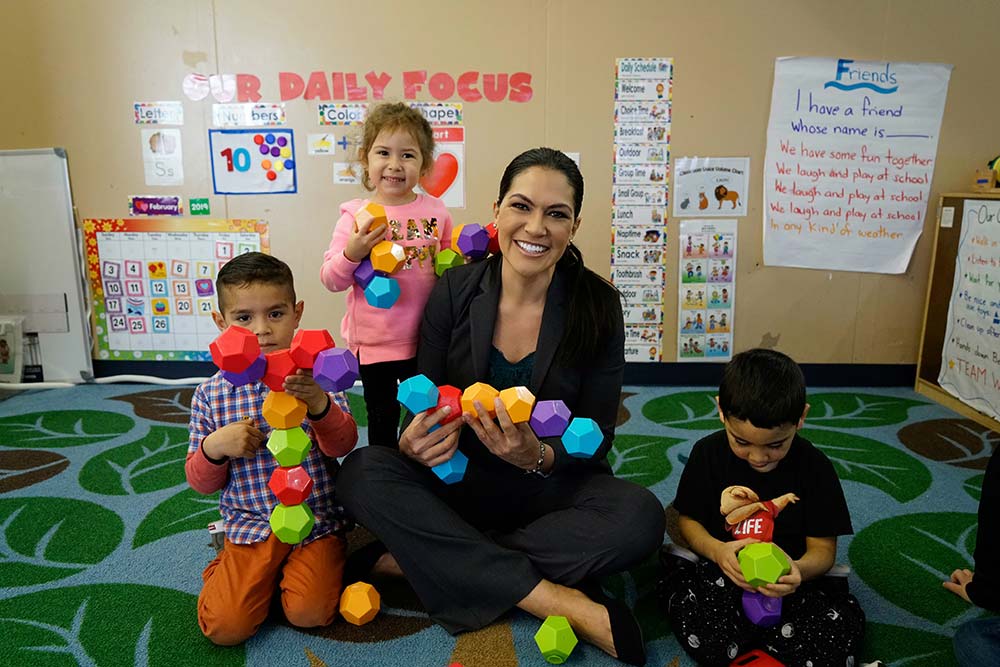
The community realized we were being discriminated against, and it was time to organize: “Statistically we are not getting hired, we are not being promoted. You have to speak up. And we did that, on numerous occasions,” 1980–1991 Board Chair Jess Haro explains. “We were below in everything. Housing, redlining [when a loan or service is refused to certain people in certain areas of a town]. They weren’t giving us loans, even if you made a decent salary,” 1991–1997 Board Chair Gloria Medina recalls.
The strength the community had found organizing under The Chicano Federation led them to their most significant fight yet, when they challenged the city of San Diego for police harassment, and the county and the city for job discrimination. In 1975, the U.S. Federal Court found the County of San Diego guilty of discrimination against Latinos: The Chicano Federation won this battle with the establishment of the consent decree, guaranteeing employment and advancement opportunities for Latinos. “We spoke for those individuals without a voice, those who were powerless, or those simply that just weren’t being heard: we played an important role,” Mario X. Sierra, Board Chair of the organization, summarizes.
GOING BACK TO THEIR ROOTS
Starting as a Latino advocacy organization, The Chicano Federation has grown to provide services to many more in the community, with child care programs, nutrition initiatives, and preschool services, as well as affordable housing—the group has built and acquired nine apartment buildings, offering 800 San Diegans with homes they can afford, to families and seniors.
These strides are impressive, and their combined programs and services help 8,000 people in San Diego every year. However, in a conversation with their new Senior Director, Roberto Alcantar, it was made clear that the community in San Diego is craving for The Chicano Federation to go back to those roots that established this organization: “People thought that the Federation had died 20 years ago,” Alcantar shares. Under the new leadership of Maldonado, the group is now looking back at their history and being inspired to create “the changes we want to see,” explains Alcantar.
To achieve that goal, this nonprofit saw Nancy Maldonado as the perfect candidate to help shape the next 50 years of the organization. “I really loved that everywhere I went, people had a connection with The Chicano Federation, either they had volunteered or they benefited from the services—and that was so endearing to hear,” Maldonado expresses. “And I love that The Chicano Federation is really meeting critical community needs and meeting families where they’re at and helping them to empower them to get ahead.” The struggles the community went through with integration, housing, availability of public spaces, child care, etc., are now met through the many programs and activities of the organization.
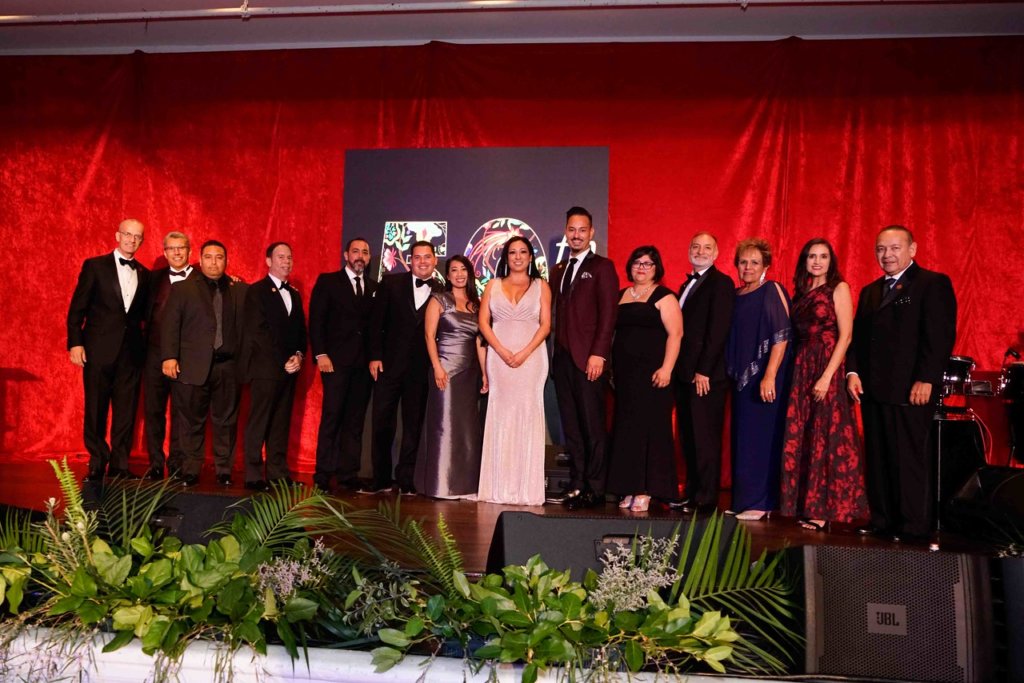
Learning from other UnidosUS Affiliates doing remarkable impactful work in different communities across the United States, we see how our Affiliate Network is fighting for Latinos’ prosperity and rights in many similar ways, providing a holistic range of services that empowers the community to get out of the cycle of poverty. “It is all about empowering our community, and it is all about self-sufficiency. We want people to get to the point where they are self-sufficient. Everyone needs a little bit of help sometimes, so we are there to help people with that step up,” explained Maldonado.
This organization sees itself as a resource for families. “We are looking into expanding the resources and referrals that we can offer. We want The Chicano Federation to be the place where people can come and get answers,” Maldonado said in a radio interview recently. “I really would love for people to know that they are always welcome to come to visit us and to ask questions, and if we don’t have the programs and services they are looking for, we will find them the answers.” To which Alcantar adds: “That’s the way we were, that’s what we are going back to.”
The new CEO’s vision is to “look at the quality of the services and programs that we are offering to see if there’s more that we can be doing to help the families that we serve. To improve the quality of our programs, but also to expand the services to reach more families because these are programs that are needed.”
The Chicano Federation describes it as not just checking boxes; it is about finding solutions that will help everyone in need, whether that be a service they require, or opposing an injustice they are suffering. It is about serving the community at all levels, from supporting them with an immediate need, to working toward creating lasting impact by being involved where the decisions are made: “We have to have a seat at the table where decisions that will affect our community are made,” Alcantar says. One of those tables to sit at, for example, was at the budgeting for the cannabis tax: some counties allocated those earnings toward child care, one of The Chicano Federation’s most demanded programs, with which they help 458 families yearly.
LEADERSHIP OF TOMORROW
A key component to be part of those tables is developing the leaders of tomorrow. Alcantar speaks of The Chicano Federation’s Leadership Training Institute they had in the 80s. Thanks to this institute, the organization created key partnerships in the community, knowing that they couldn’t accomplish their fight alone, and they united under one voice to fight for equal rights and justice.
The new Chicano Federation leadership is working to bring that Leadership Institute back: “It went dormant in the early 2000s, but we are getting the call to get it up and running again: we have an established community that wants it.” Since, as Alcantar expresses, we are living in critical times, the need to focus on building the leaders of tomorrow is clear. “We can reach to the potential we already have, get our own trained to be our future leaders at the local, state and national levels,” he explains. “We need to stand up and push, and we need this vehicle to make it happen for our community.”
The community is hungry for a vocal organization that represents them, that fights for them, an organization they can grow with and be a part of, and they are already seeing some of those seeds flourishing. Maldonado specifically speaks about affordable housing and subsidized child care, “two really urgent community needs here in San Diego,” and how through their affordable housing program, and their child care business training, they are empowering Latinos in different fronts, all fundamental to elevate our community.
The Chicano Federation shares the story of a woman who moved into one of their affordable housing homes. She also received training on how to start her own child care service within the housing unit where she was living so other residents could take advantage of it. The Chicano Federation helped her get back on her feet, and now she can buy her own house and is giving back to the community. “Just like this, we are empowering our residents and our community, and this is only the start,” Alcantar says.
“I really have the honor and privilege of hearing some really impactful stories of people that come to our organization needing help and are able after a few months to make it on their own,” Maldonado tells with pride. “They just needed a little bit of help for a short amount of time and that’s really what we want to be, that resource, but also to help people know what else is out there.”
To learn more about The Chicano Federation, don’t miss UnidosUS’s 2019 Annual Conference. Registrations are now open, and you can check the full schedule of workshops and activities here.

